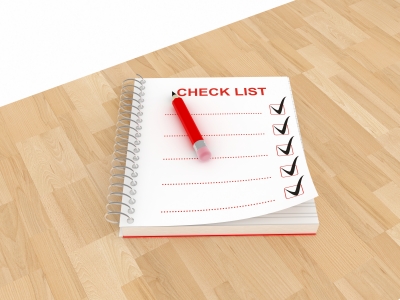 The Bureau of Customs’s (BOC) Regulated Imports List (RIL) has been finalized and is set to be implemented on May 4.
The Bureau of Customs’s (BOC) Regulated Imports List (RIL) has been finalized and is set to be implemented on May 4.
The original target date for implementation was April 20 but this was changed to give users more time to download and review the list, according to Customs Commissioner John Phillip Sevilla.
“Starting May 4, all importers of any regulated product must provide only the required import permits in the imports list when filing import entries with the BOC,” Sevilla said in a statement.
Any Customs official caught requesting an import permit for an import product not on the list, he added, “will be dealt with severely.”
The customs chief also noted that BOC is finalizing the customs memorandum order that will spell out the rules and provisions of the RIL.
The RIL will be the single reference for BOC in clearing regulated import products. Sevilla earlier clarified that the RIL is not a new regulation, but a consolidated list of existing regulated import permits and requirements that the agency did not have before.
The complete and final version of the list containing information on all regulated products with their corresponding import requirements may be downloaded from the BOC website at http://customs.gov.ph/regulated-imports-list-2015-04-06/.
To use the imports list, the user must download the three versions (by product, by category, and by regulating agency) then download the attachment links on http://repository.gov.ph/customs/ in order to open the various links on procedures for acquiring permits from regulating agencies. All files must be saved on a computer in one folder, BOC said.
Also made available online is the accompanying user’s guide on how to download and use the RIL. It contains reminders for processing imports like food and drinks, drugs and pharmaceutical products, and chemicals.
According to the user’s guide, all food and drinks for both human and animal consumption are regulated imports, and need a permit from one of the following agencies: Bureau of Animal Industry (BAI), Bureau of Fisheries and Aquatic Resources (BFAR), Bureau of Plant Industry (BPI), and Food and Drug Administration (FDA). In addition, alcoholic drinks must have a permit from the Bureau of Internal Revenue.
All drugs and pharmaceutical products, whether for human or animal consumption, meanwhile, are regulated imports that require a permit from BAI, BFAR, BPI, or FDA.
On the importation of chemicals, a chemical that is not on the RIL does not automatically mean it is not regulated. Customs staff, importers, and brokers should determine whether that chemical is found in the Philippine Inventory of Chemicals and Chemical Substances (PICCS). If it is not in the RIL but is in the PICCS, then that chemical is not regulated. If the chemical is neither found in the RIL nor in the PICCS, then it is a regulated import that requires a permit from the Environment Management Bureau. The PICCS can be downloaded from http://repository.gov.ph/customs/.
Moreover, specific rules for each product are shown on the RIL.
BOC has requested regulating government agencies to notify them of changes to their regulations on imports at least one month before implementation so the bureau can reflect the changes in the master list.
Sevilla earlier said that the list, which took more than a year to complete, will help minimize corruption and make the importing process transparent.
During a dialogue in March, Sevilla warned of potential overlaps when implementing the RIL due to the broad definitions of regulated imports by some agencies, explaining that BOC’s mandate is not to change the rules but only to enforce them. – Roumina Pablo
Image courtesy of David Castillo Dominici at FreeDigitalPhotos.net





